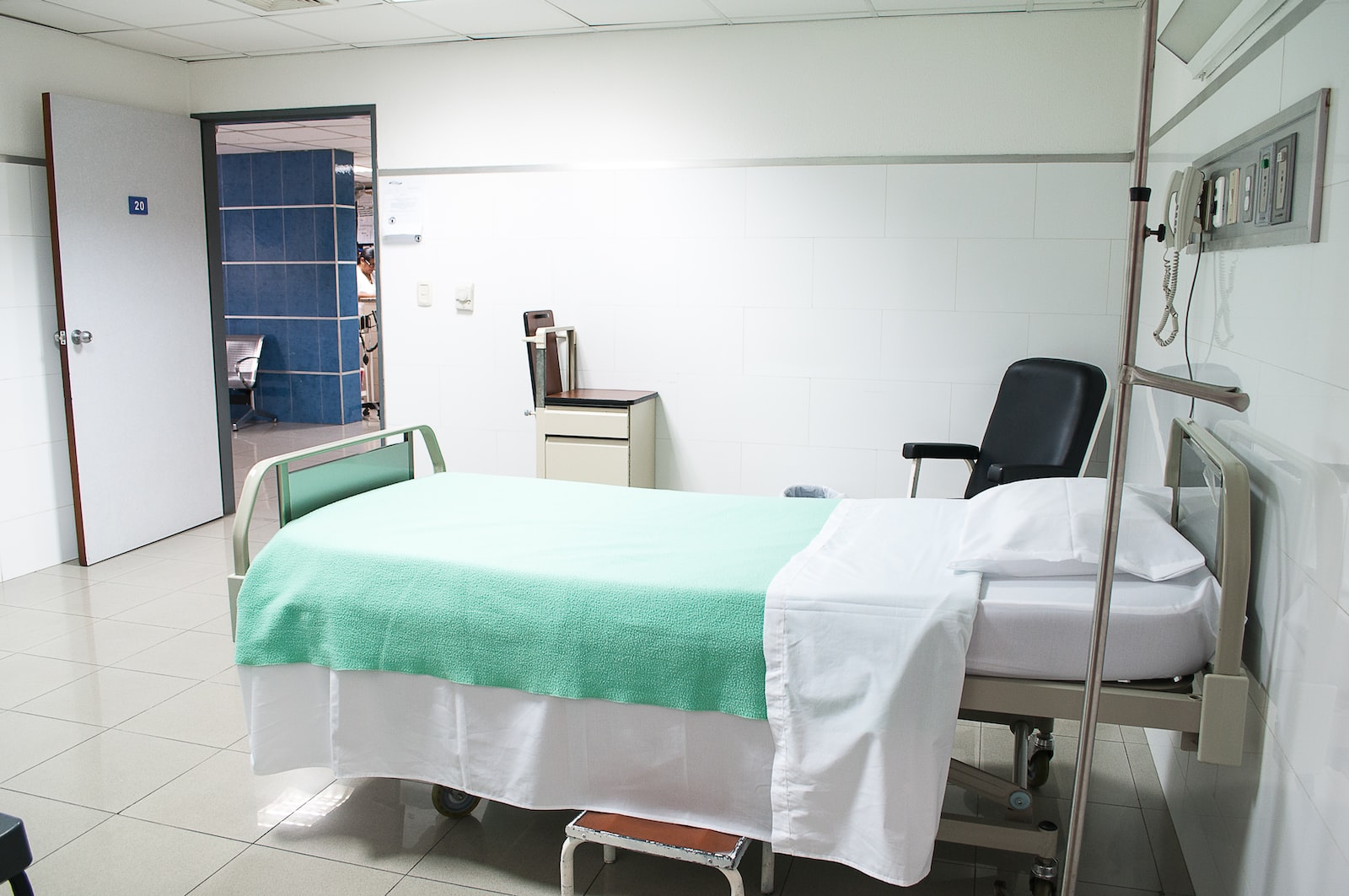New device could save the NHS millions in bed blocking costs
A £100 device that is being used in North London hospitals could save the NHS millions by getting medically fit patients out of hospital sooner.
Camden Council have formed a partnership with Oysta, a care tech provider that supports vulnerable people, and are trialling a new care tech device in three hospitals across the capital.
Currently, the device has supported over 200 residents who were fit enough to be discharged from hospital but required ongoing social care support at home. As a result this has freed up hospital beds quicker, reducing pressures on the NHS.
Additionally, the technology has helped patients be discharged from hospital three days faster than normal.
Through using the device, experts found an average of £1,100 was saved on hospital costs – the average cost of an overnight bed in hospital is £400 per night.
Overall, an estimated £252,000 was saved over the course of the pilot which, if it were scaled up across the country, the NHS could save millions of pounds a day freeing up beds for patients waiting on ambulances or for surgery. Ambulance workers have recently announced they will be going on strike due to not being paid enough for coping with the current pressures the NHS is facing.
Named the ‘Help at Home’ mobile device, the technology is equip with fall sensors, status alerts and an SOS button which is linked to an Alarm Receiving Centre, allowing people to recover independently at home but knowing help is readily available.
Calls from the devices go to Camden Council’s ‘Careline’ which allows care teams to respond to calls directly. Following the success of the trial, the care device will now be used permanently for adult social care users in Camden.
Cllr Anna Wright, Cabinet Member for Health, Wellbeing and Adult Social Care, said: ‘These Help at Home devices have allowed people to return to their homes faster, with the confidence that they have technology-based support at the touch of a button.
‘Using these devices, linked to our Careline team, not only provides peace of mind to the individuals and their families but allows the hospital social work teams to develop a plan to support people with what matters to them.’
Mario Zuccaro, Founder of Oysta, said: ‘What we’ve demonstrated in Camden is that not only can our device free up beds for other patients with urgent need for treatment, but we can reduce the unnecessary risk that a longer than necessary stay in hospital can bring.
‘Some people around the country are waiting weeks for their care assessments and by using an Oysta device they have something to keep them safe and monitored which also takes the strain off under pressure social care teams who can schedule in visits in their person’s home when they have returned from hospital.’
Photo by Martha Dominguez de Gouveia
















